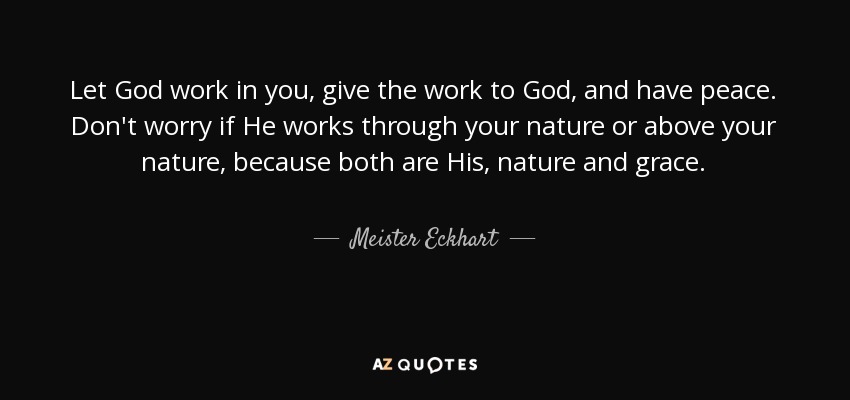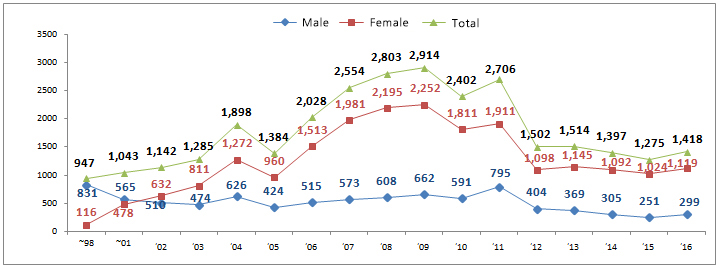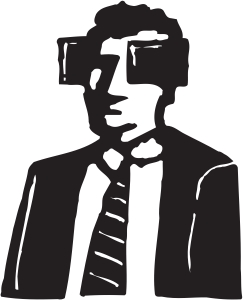In a current drama on Korean TV The Light in Your Eyes is a fantasy romantic comedy about a 70 year old woman dealing with Akzheimer's and a young man who doesn't appreciate time and finds life meaningless. They get involved with each other and the story follows. In a Catholic Peace Weekly column a professor uses the drama to introduce the problem with the old and young in Korean society.
The drama showed the possibility of coexistence of youth without jobs and old age without support. The drama was a fantasy in which a clock the older woman possessed was able to give her time but that is not life. We see co-existence of the youth and the aged and a beautiful companionship in the here and now.
Today, the tension between the younger generation and the older generation is deepening. These conflicts are seen often by the use of the words: 'has been', old fogey, bossy, curmudgeon. They also add the word from the Chinese character meaning insect to the word old which again shows the feeling towards the old by some of the younger.
Pope Francis in his Apostolic Exhoration Amor Laetitia mentions the alienation of the elderly that has come from disordered industrialization and urbanization of society. The elderly have both in the past and in the present been set aside in unacceptable ways.
#191 'Do not cast me off in the time of old age; forsake me not when my strength is spent' (Ps 71:9). This is the plea of the elderly, who fear being forgotten and rejected. Just as God asks us to be his means of hearing the cry of the poor, so too he wants us to hear the cry of the elderly.
#192 Very often it is grandparents who ensure that the most important values are passed down to their grandchildren, and 'many people can testify that they owe their initiation into the Christian life to their grandparents'. Their words, their affection or simply their presence help children to realize that history did not begin with them, that they are now part of an age-old pilgrimage and that they need to respect all that came before them. Those who would break all ties with the past will surely find it difficult to build stable relationships and to realize that reality is bigger than they are. Attention to the elderly makes the difference in society. Does a society show concern for the elderly? Does it make room for the elderly? Such a society will move forward if it respects the wisdom of the elderly.
The drama showed the possibility of coexistence of youth without jobs and old age without support. The drama was a fantasy in which a clock the older woman possessed was able to give her time but that is not life. We see co-existence of the youth and the aged and a beautiful companionship in the here and now.
Today, the tension between the younger generation and the older generation is deepening. These conflicts are seen often by the use of the words: 'has been', old fogey, bossy, curmudgeon. They also add the word from the Chinese character meaning insect to the word old which again shows the feeling towards the old by some of the younger.
Pope Francis in his Apostolic Exhoration Amor Laetitia mentions the alienation of the elderly that has come from disordered industrialization and urbanization of society. The elderly have both in the past and in the present been set aside in unacceptable ways.
#191 'Do not cast me off in the time of old age; forsake me not when my strength is spent' (Ps 71:9). This is the plea of the elderly, who fear being forgotten and rejected. Just as God asks us to be his means of hearing the cry of the poor, so too he wants us to hear the cry of the elderly.
#192 Very often it is grandparents who ensure that the most important values are passed down to their grandchildren, and 'many people can testify that they owe their initiation into the Christian life to their grandparents'. Their words, their affection or simply their presence help children to realize that history did not begin with them, that they are now part of an age-old pilgrimage and that they need to respect all that came before them. Those who would break all ties with the past will surely find it difficult to build stable relationships and to realize that reality is bigger than they are. Attention to the elderly makes the difference in society. Does a society show concern for the elderly? Does it make room for the elderly? Such a society will move forward if it respects the wisdom of the elderly.
How are the young and old to live together? How can the young accompany the old? In the final scene when the heroine was about to die she humbly recites: "Even if a day is not great and tomorrow will not be much different, life is worth living. Do not ruin the 'now' because of a past filled with regrets and an uneasy future. Live today. You deserve it. Someone was your mother, someone a brother, and someone will follow you.
We have the old filled with regrets from the past and the young facing an unknown future. Would it not be wonderful to have the old remember and respect the young in their rememberances of the past and the young remember the old in looking forward to the future. They can grow to respect each other.
We hear these days of the trip to Emmaus and wallking together with Jesus. With the grace of God the writer would like to see this day come when the old and young are living a new resurrected life in the here and now.







